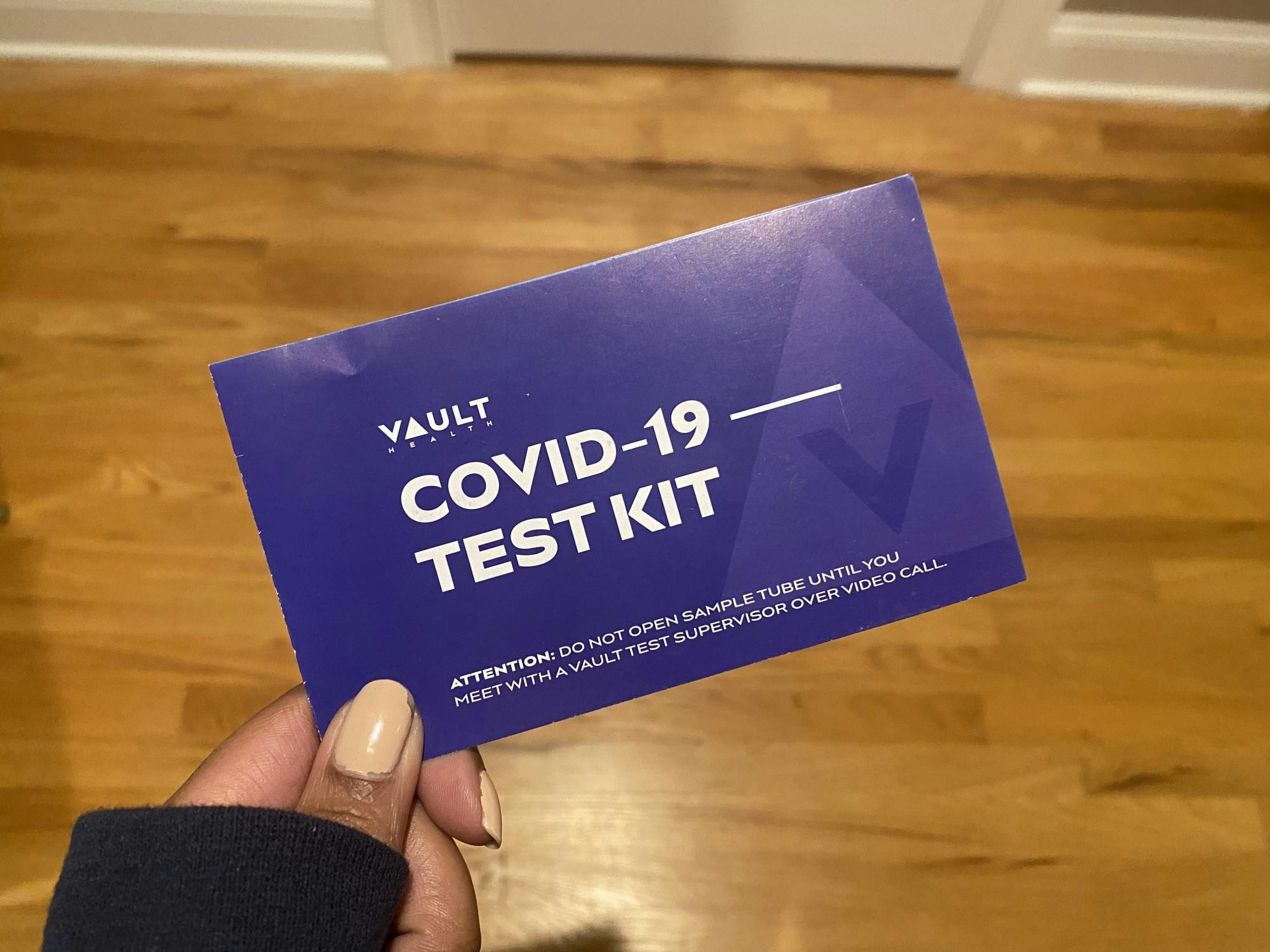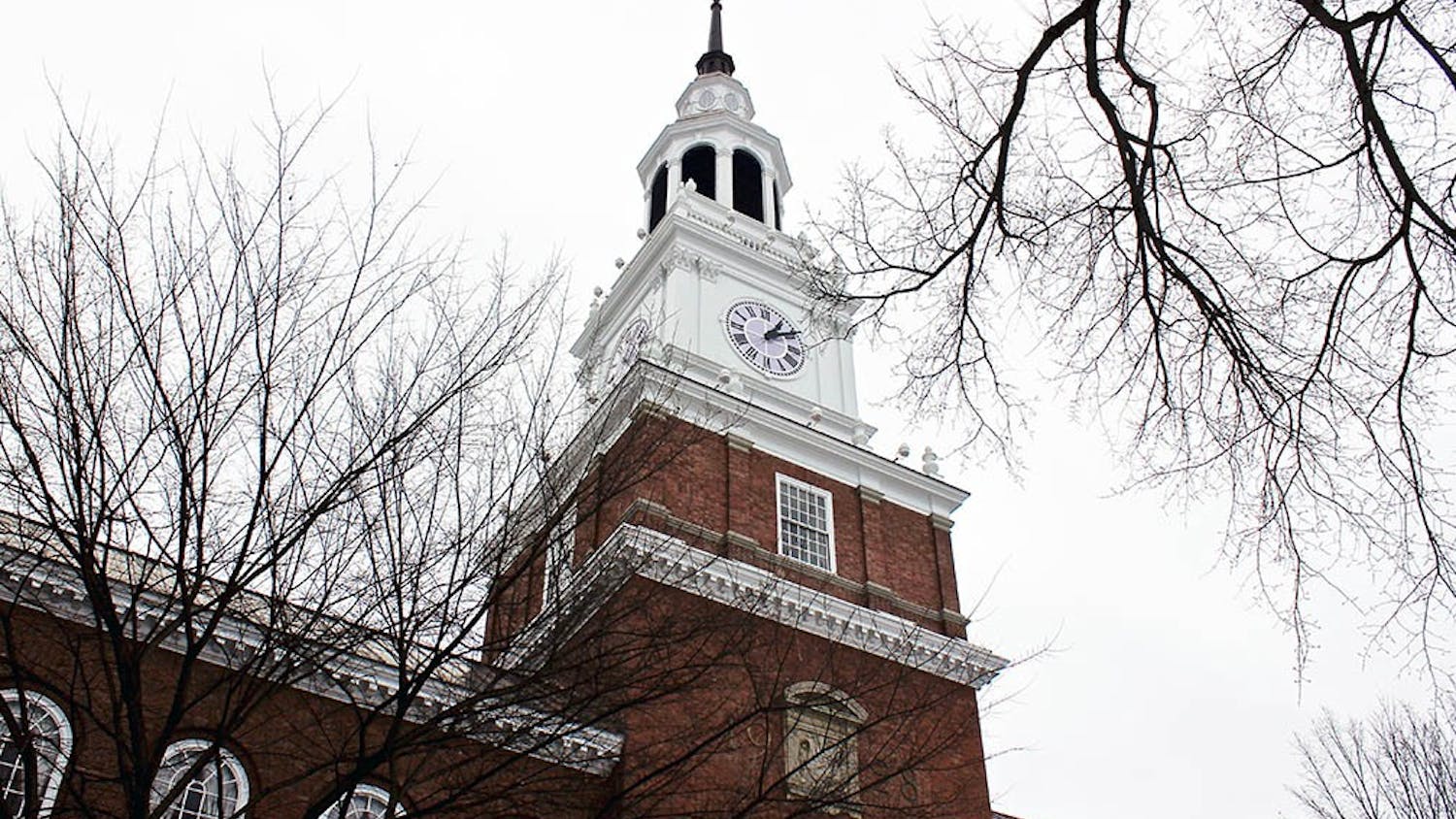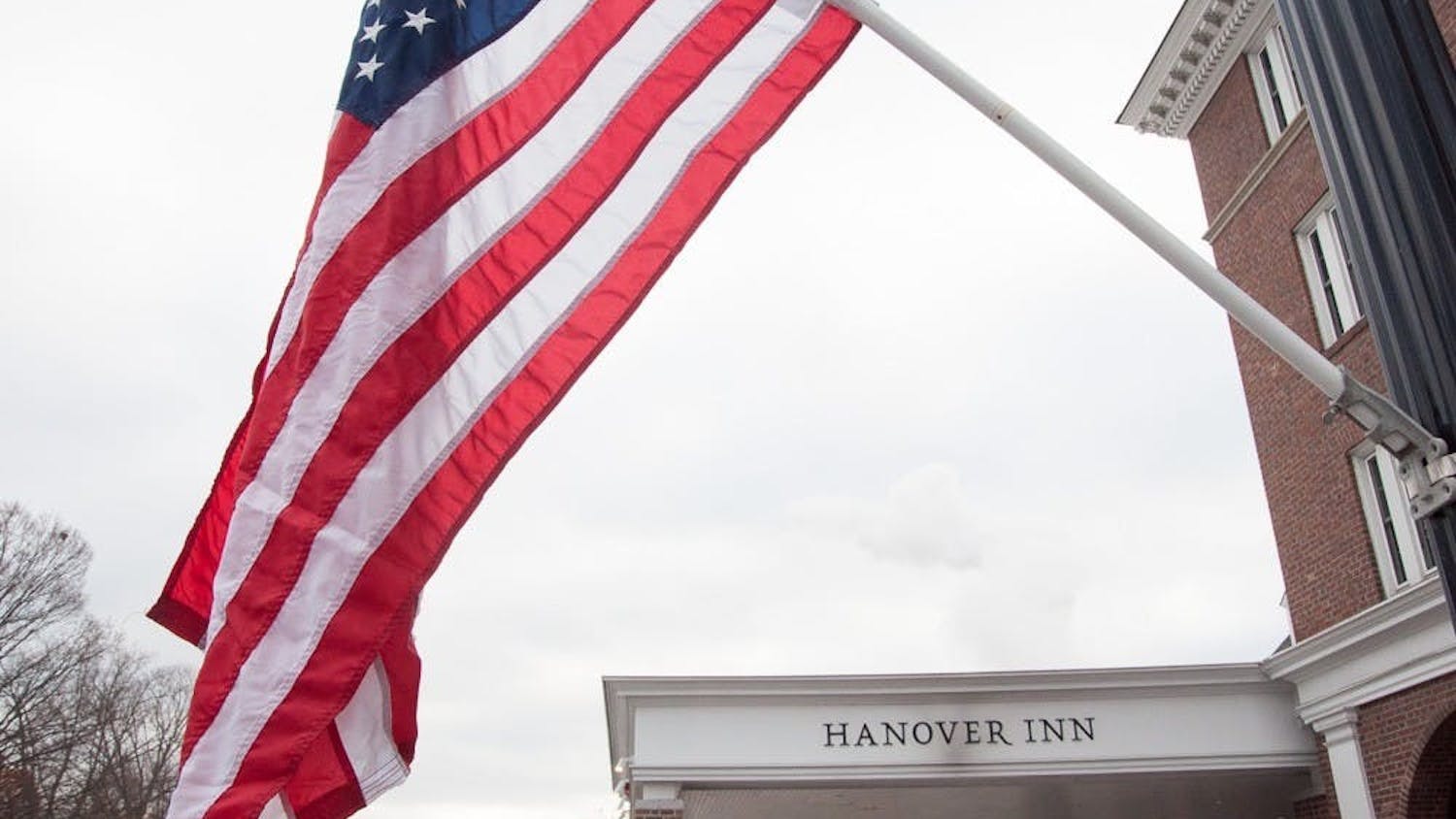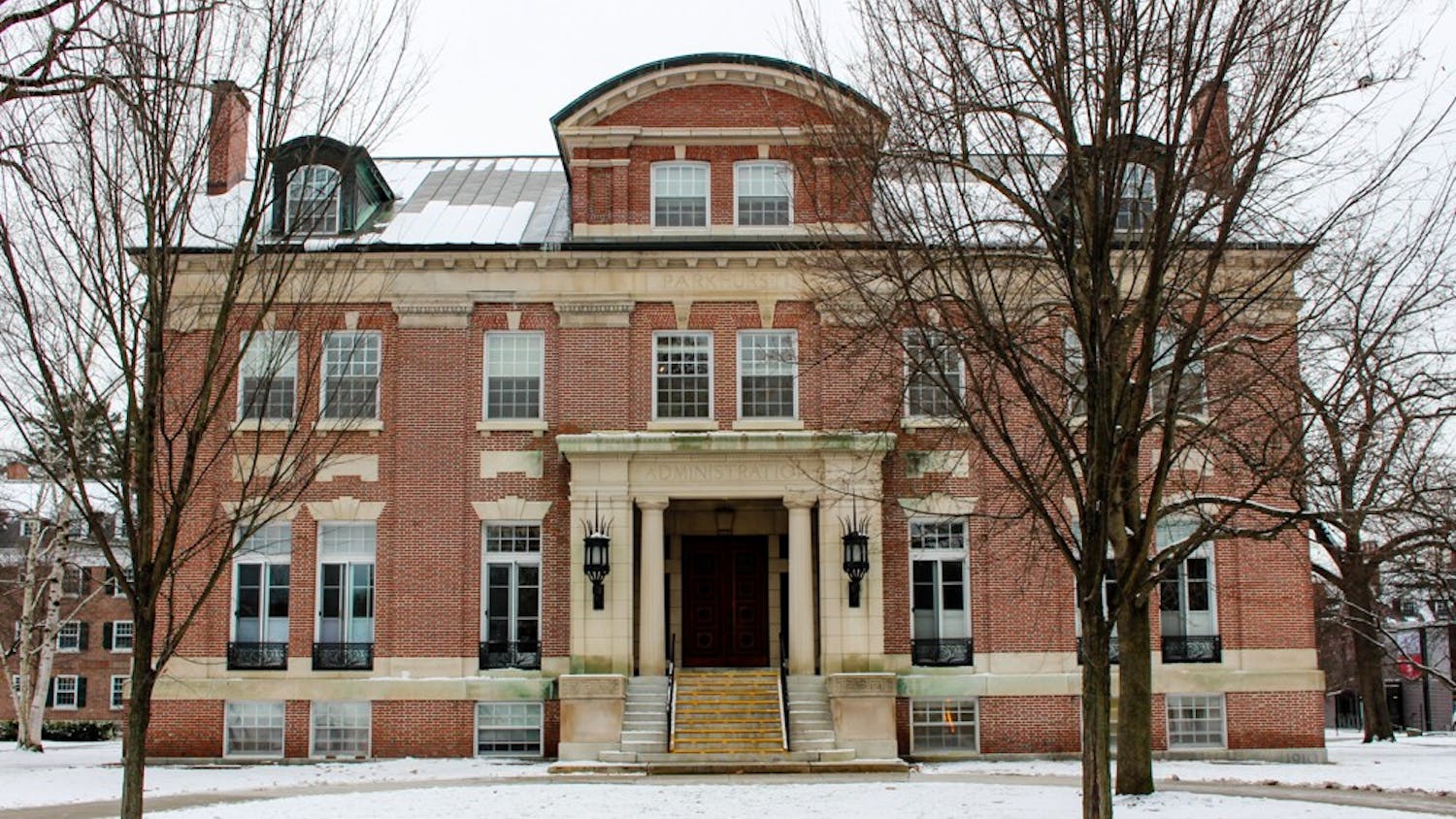Despite some initial delays over the holidays, all students arriving on campus this weekend will have been cleared through the College’s pre-arrival COVID-19 testing program.
In a Jan. 7 email to students, Dartmouth College Health Service director Mark Reed alerted students that Vault Health, the third-party company that processes Dartmouth’s pre-arrival COVID-19 tests, was experiencing delays in processing tests. Reed instructed students to take their tests “as soon as possible” to ensure a smooth return to Hanover. College spokesperson Diana Lawrence stated on Thursday that the delays are no longer an issue.
“[W]e saw some delays over the holidays, but recently the turnaround time has been about three days, with a few being five days and some coming back the next day,” Lawrence wrote.
Vault founder and CEO Jason Feldman wrote in an email statement that there could be a variety of reasons for the delay, ranging from weather to this year’s “unprecedented holiday shipment backlog.”
Lawrence noted that the College is not aware of any student whose impending arrival on campus is uncertain due to missing or delayed results.
Out of the roughly 1,500 students anticipated to be on campus this winter, Lawrence wrote that around 1,450 have completed pre-arrival tests as of Thursday night, with 120 tests still pending. According to the College’s COVID-19 dashboard, last updated Wednesday, the pre-arrival positivity sits at 1.24%.
As students prepare to return to campus this weekend, the College has used these results to track the general health of the student body, though a decision to extend quarantine or resort to fully remote operations will not hinge solely on the pre-arrival data. In the fall, students completed a total of 1,636 pre-arrival tests, and just five came back positive — a 0.31% positivity rate.
“An increase in [positive cases from] pre-arrival testing is not in and of itself a condition to change operating conditions on campus,” Provost Joseph Helble said. “But it's certainly an indicator that the disease is more prevalent in our community.”
Students who receive positive pre-arrival results must quarantine in place and are not permitted to return to campus for two weeks.
According to Feldman, Vault works with Infinity BiologiX, formerly the Rutgers Genomic Lab, which received the FDA's first emergency use authorization for saliva-based testing.
Andrew Bricklin ’23 said that his pre-arrival test took about 15 minutes to complete. Students are supervised by an online health professional via Zoom while self-administering their tests.
“It was kind of hard to do as much spit as they needed, and it was a weird experience doing it with someone watching over Zoom,” he said.
After dropping his completed test at a UPS drop station, Bricklin said it took three or four days to receive his test results, though some friends were notified in less time. A Jan. 4 Dick’s House email about pre-arrival testing informed students that results should take approximately three days, including shipping, processing and reporting.
Nicholas Sugiarto ’23 said the process was straightforward, but he worried about the possibility of a false positive. He said that according to College emails, students with a positive test would be further delayed in their arrival to campus.
Sugiarto said his negative results arrived within around 24 hours, but that the waiting process was “nerve-wracking.”
According to Feldman, Vault Health has processed millions of tests nationwide, contracting with both universities and businesses across the United States, from Cornell University and the University of Pennsylvania to major sports leagues and airlines. This widespread testing infrastructure is new, he wrote, and created in response to the COVID-19 pandemic. The company was previously focused on men’s telehealth.
Elizabeth Janowski contributed reporting.




